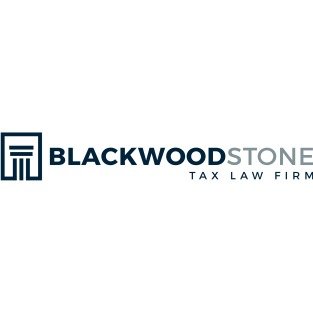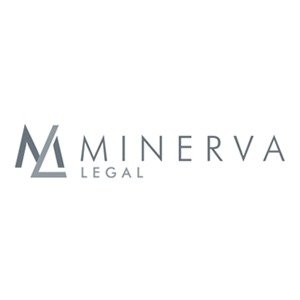Best Employment & Labor Lawyers in Lagos
Share your needs with us, get contacted by law firms.
Free. Takes 2 min.
List of the best lawyers in Lagos, Nigeria
Browse employment & labor law firms by service in Lagos, Nigeria
Lagos, Nigeria Attorneys in related practice areas.
Nigeria Employment & Labor Legal Questions answered by Lawyers
Browse our 2 legal questions about Employment & Labor in Nigeria and the lawyer answers, or ask your own questions for free.
- Employee Benefits not given 3 months after resignation
- The employee resigned and benefits had not been paid by the company after three months.
-
Lawyer answer by A.O AYENI & ASSOCIATES
This is actionable and can be enforced in court if the company refuses to pay even after writing a letter to them.
Read full answer - Next steps after suspension
- What can I do if my employer refused to call me back after serving suspension
-
Lawyer answer by Cabinet de Consultance et d'expertise juridique SARL
Vous pouvez saisir l'organe en charge des litiges entre employeurs et employés.Bien vouloir nous écrire à notre adresse mail ccejsarl@yahoo.com
Read full answer
Disclaimer:
The information provided on this page is for general informational purposes only and does not constitute legal advice. While we strive to ensure the accuracy and relevance of the content, legal information may change over time, and interpretations of the law can vary. You should always consult with a qualified legal professional for advice specific to your situation. We disclaim all liability for actions taken or not taken based on the content of this page. If you believe any information is incorrect or outdated, please contact us, and we will review and update it where appropriate.

















